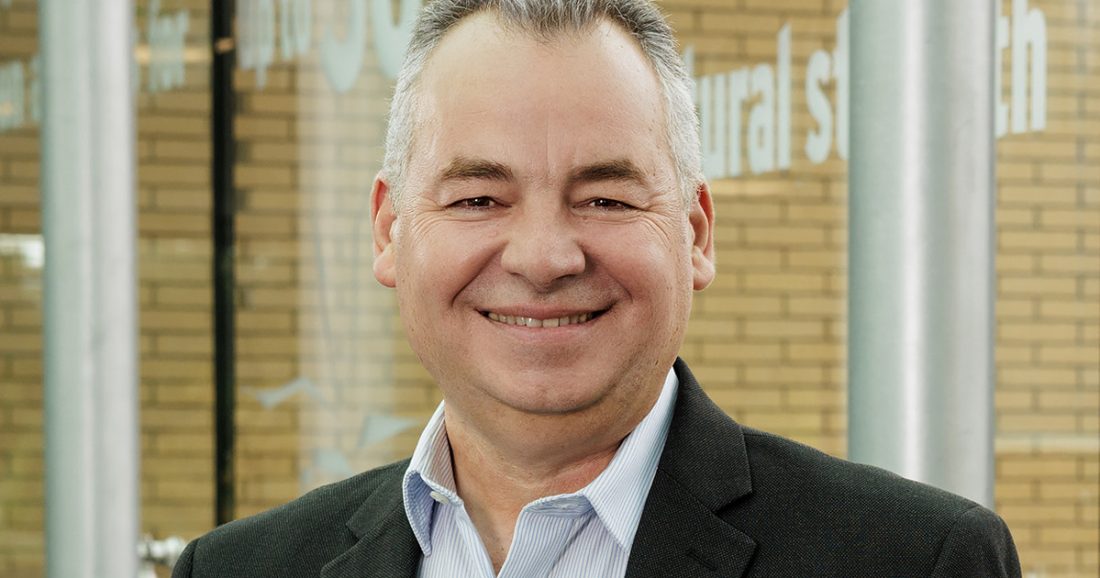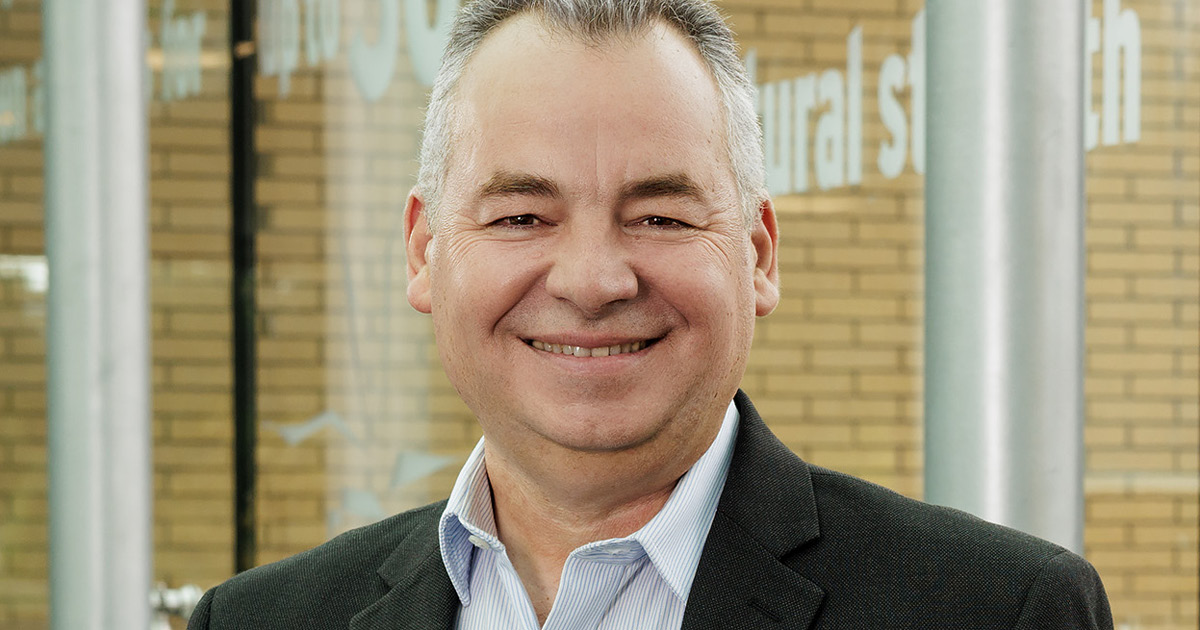To put it diplomatically, Greece was not the ideal place to do business in the aftermath of the global financial meltdown of 2007–2008, as the government grappled with a sovereign debt crisis, gross domestic product plummeted, bankruptcies soared and social unrest reached boiling point.
By 2014, the country was reeling from depression-like conditions – unemployment hovered around 25 percent, while more than a third of the population were living below the poverty line, barely clinging on.
In the midst of this entrepreneurial wasteland, Taxiarchis Konstantopoulos not only survived the barren years, but also blossomed into one of the country’s rare success stories during his stint as General Manager of vehicle glass repair and replacement company Carglass – part of the sector-leading multinational Belron UK trading as Autoglass® and Laddaw®.
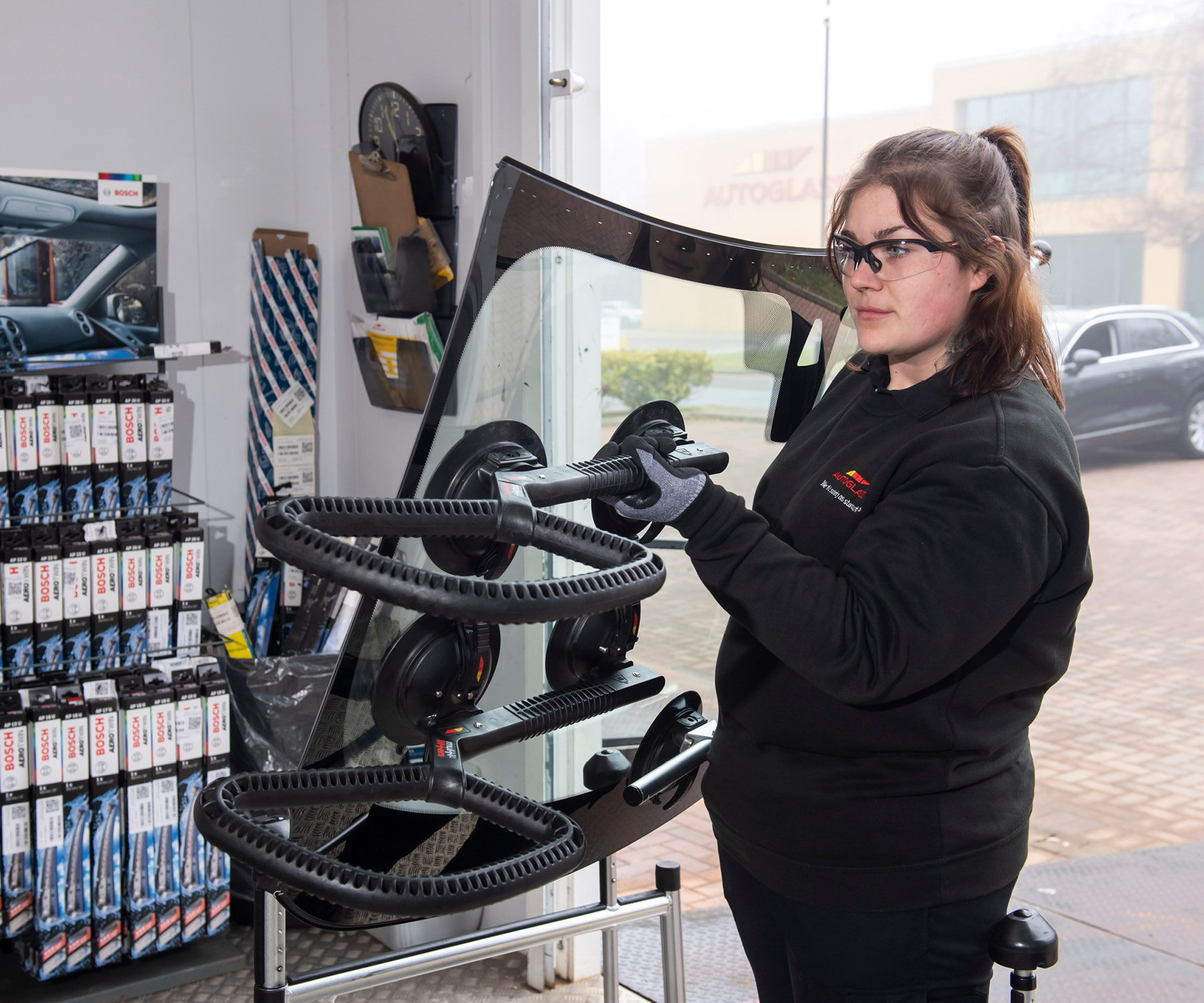
Konstantopoulos’ triumph amid economic calamity can be chalked up to courage, vision and hard graft.
“It was a journey that I would not change for the world,” says Konstantopoulos, who joined the Greek business in 2006. “I was 36 years old, and I found it a great personal development opportunity, but I also had the ambition.
“Carglass was a small family business, coming from a franchise, but I thought it could become a reference point for the group. And it did, by focusing on engagement, people developments, customer service and entrepreneurship. It was a very difficult time for the Greek economy. We became very innovative. We worked as a team. And the Greek business became a point of reference in terms of customer service.”
A Market-Leading Move
His efforts didn’t go unnoticed further up the Belron chain. After successfully implementing the company’s investment programs at Carglass and developing long-standing relationships with key industry partners, Konstantopoulos was appointed Managing Director of Autoglass in February 2015. It is a company that serves more than one million motorists across the United Kingdom each year, making it a market-leading specialist in these territories.
“Autoglass was 20 times bigger than the Greek business. Previously it had branches and mobile service, but in 2015 it took the direction of mobile service only, with mobile vans serving the customers, and the centralization of a lot of activities. And that was a big transformation,” he recalls.
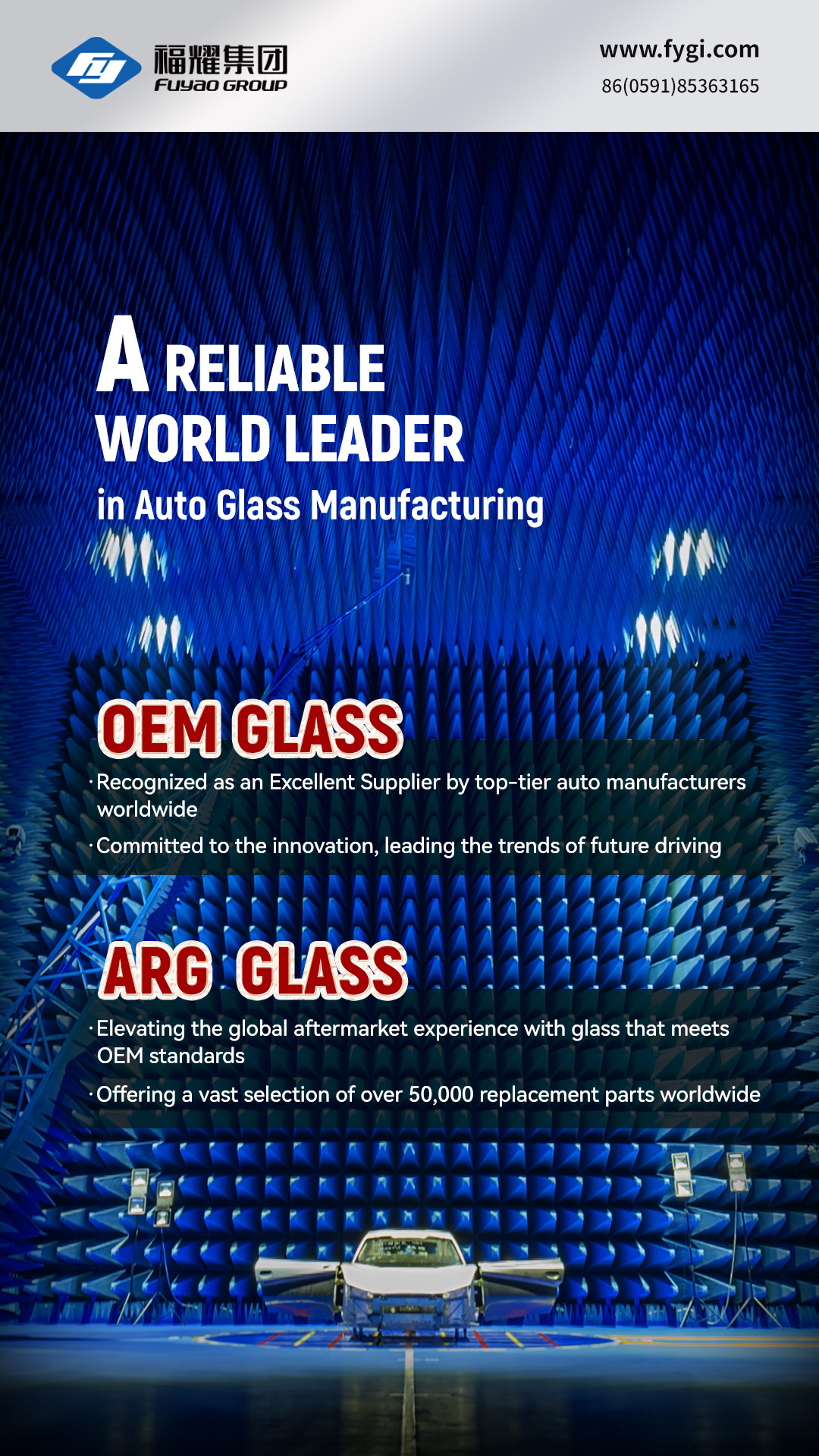
Advertisement
“This meant challenges for the organization. But again, by focusing on the basics – and the basics for me are the people experience and the customer experience, and putting a strong team around me with talent and ambition – the rest just followed.”
It’s telling how Konstantopoulos refers to Autoglass employees as his people rather than simply ‘staff’. Converse with him and it quickly becomes apparent that nurturing a positive culture at Autoglass matters more than anything – whether it’s responding delicately to a colleague’s mental health issue (in the company’s Responsible Business Insights Report 2022, 91 percent of employees agreed with the statement ‘My manager cares about my wellbeing’) or ensuring mobile drivers’ vans are safer (an initiative that resulted in a 40 percent reduction in incident rates between 2018 and 2022).
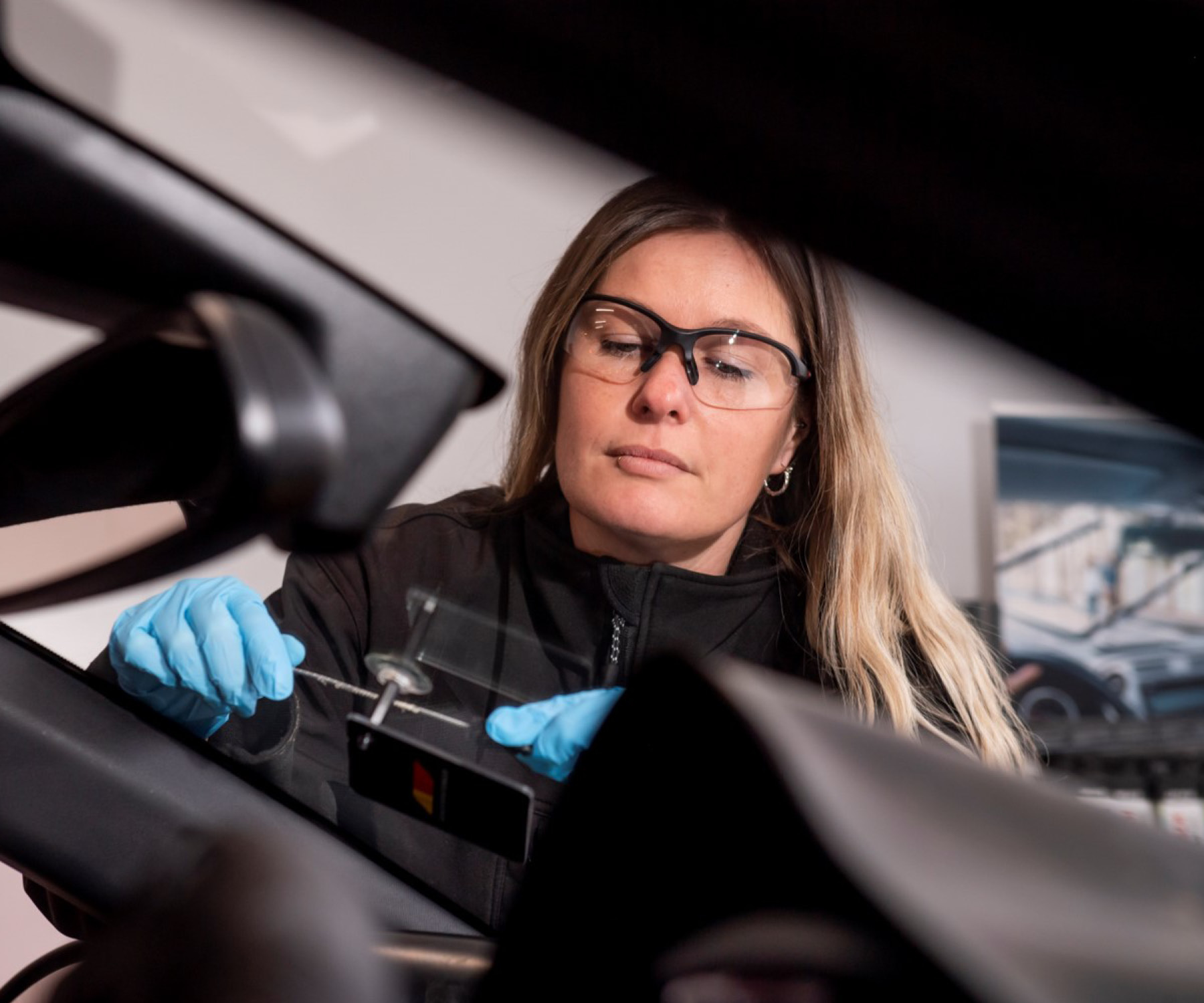
“What sets us apart from our competitors is the focus on the development of people.”
Indeed, Belron’s motto, one shared by Autoglass, is to make a difference by solving people’s problems with real care.
“What sets us apart from our competitors is the focus on the development of people,” Konstantopoulos says. “I’m one example. I was given the opportunity to grow myself. I was given the right tools and the right training to become a better leader. And through that process, you get the best out of people.
“The culture of the business is described by our values. We are a genuine, collaborative, driven and caring organization.”
A Strong Code
Konstantopoulos explains that the company’s moral compass fans out to other relationships, including suppliers and client partners – a network that ranges from Chinese glass manufacturer Fuyao Glass Industry Group to Switzerland’s DuPont.
“We have a strong code of ethics, a strong code of conduct, and these relationships are based on respect and transparency,” he reveals. “We are exchanging data, helping each other with forecasting future trends. This is how we see partnerships. We support each other in order to be successful.”
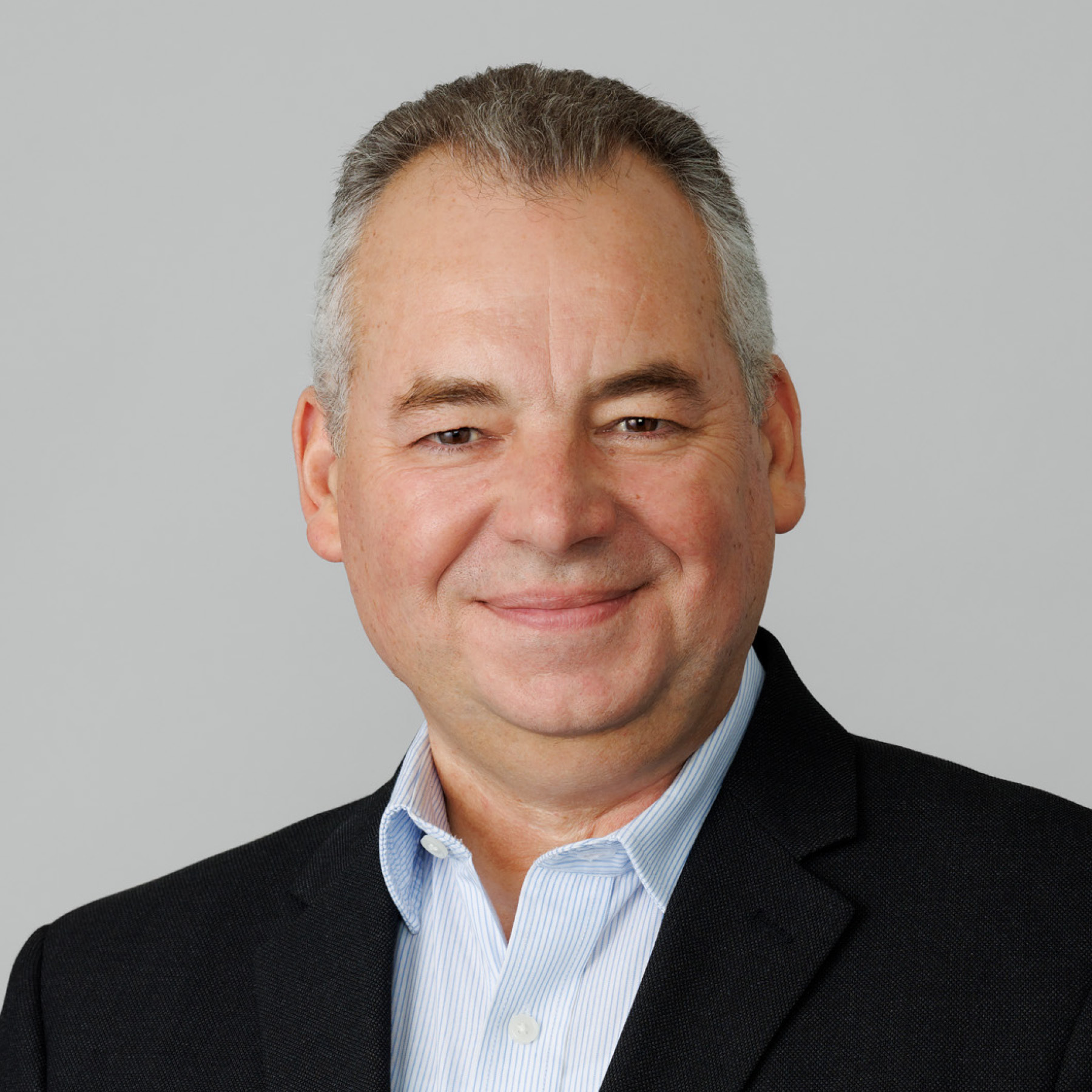
“We have a strong code of ethics, a strong code of conduct, and these relationships are based on respect and transparency.”
Perhaps battle-hardened by his experience in Greece, Konstantopoulos was able to safely steer Autoglass through the choppy waters stirred up by the Brexit transition and COVID-19 pandemic, a feat he puts down to forging such strong business alliances.
“In collaboration with our global business, we spoke to our suppliers and they helped us with stock, building stock levels that would provide us with enough capacity and contingency in case we had an unexpected event,” he confirms.
“We were proactive and preparing for challenges in the supply chain. Supply chain is important because if you don’t have the glass, you can’t even start your day.”
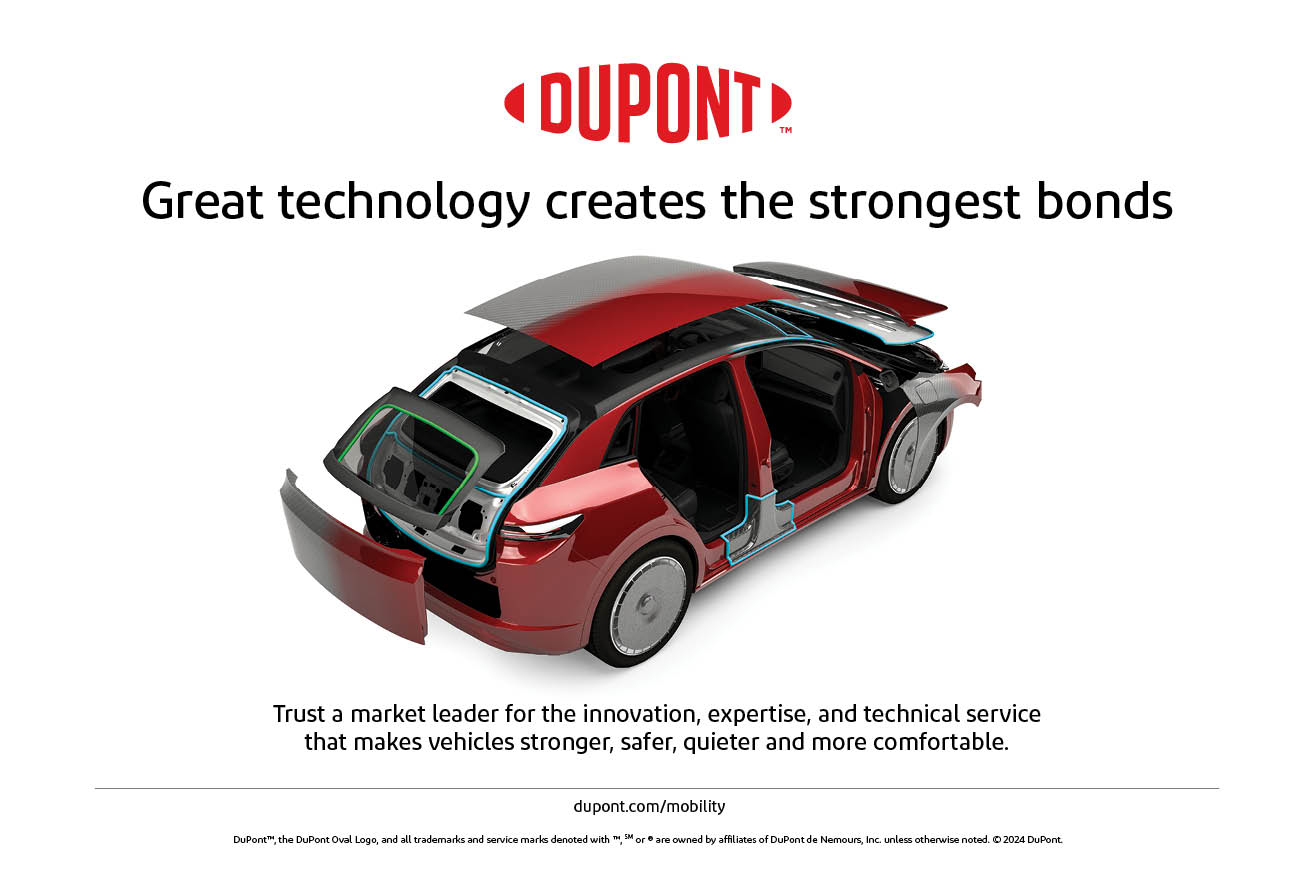
Advertisement
With the vehicle glass repair and replacement industry currently estimated to be worth around US$1.03 billion in the United Kingdom, Konstantopoulos describes Autoglass as being on a “journey of transformation”. He says the company is focusing on modernizing systems, improved handling of data and AI, collaborating with the insurance industry to ensure customer satisfaction and a commitment to environmental protection (100 percent of the company’s glass is recycled; 98 percent of all general waste is diverted from landfill).
However, the burning desire to make a difference is never far from the surface.
“We want to change the world,” Konstantopoulos insists. “We want to make the world a better place through all our activities, and this is our responsibility as a business.”

